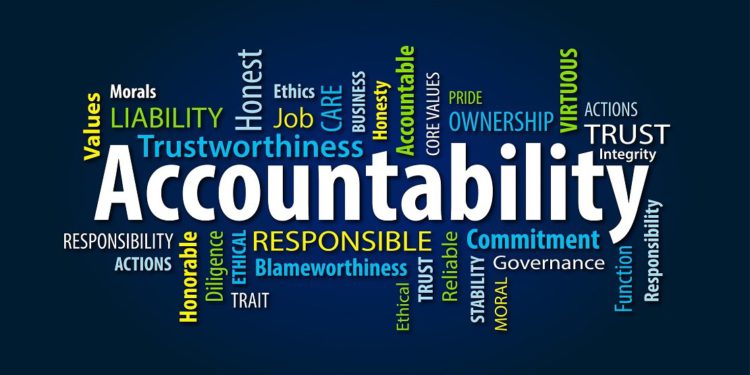Melissa Raffoni has an excellent article on accountability published in Harvard Business Review in February, 2020. It’s at https://hbr.org/2020/02/does-your-team-have-an-accountability-problem
I want to expand on her initial point, which is to first “consider if you are contributing to the problem (even unintentionally)”. She offers a good list of questions to ask yourself and notes that you need to be aware of the manner in which you’re communicating.
I’ve observed that we all love to finger point, whether at work or in our personal lives. In fact it may be one of our favorite pastimes. But I’ve seen that, for leaders, finger pointing is rarely constructive.
If your team is under-performing, you need to remember that you are part of that team, and you’ll need real feedback from team members to understand the full context of the current situation. And then you need to give that feedback serious consideration.
It starts with you slowing down and being willing to consider other perspectives. This requires an openness on your part in order to create an environment where team members feel safe enough to be forthcoming.
It’s not just what you say, but how you say it. Yes, leaders do have to be tough in many circumstances, but being gracious at the same time pays major dividends.
If you were called in to “clean house”, then being tough might be enough by itself. But if you’re looking to increase performance from the people you currently have, just being tough can lead to disengagement rather than sustainable improvement.
Finally, you may want to look at my own post on accountability, which goes into factors outside the scope of the HBR article.





































